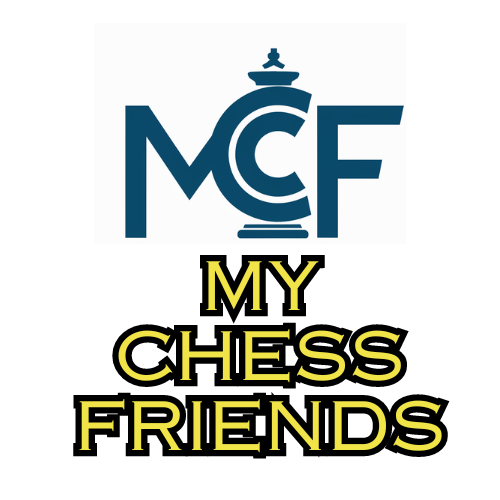In professional chess, there is a job that frequently goes unseen but is critical to a player’s success: the “chess second”. This word refers to an individual or team who assists a professional chess player, notably during competitions.
For example, current World Champion Ding Liren had Richard Rapport as his second during his fight for the world crown.

A chess second has many important roles. They include:
- Opening Prep
Chess seconds discover gaps in a player’s repertoire and devise ways to overcome these shortcomings. - Leveraging experience:
They use their personal experience to train a player in areas that he or she is unfamiliar with.
Injecting originality: They contribute new ideas and views to the game, increasing its originality. - Sharing Experiences:
They share their experiences from participating in specific tournaments, competing against specific players, or dealing with various time constraints. - Scouting the Opposition:
They undertake study about the opponent to better prepare the player for the forthcoming match.
They create the opening repertoire for the player.
In essence, chess seconds are the unsung heroes behind successful super grandmasters, providing a supporting role that is critical to a player’s success.
As an ambitious chess player with an ELO rating of 1800+, I’ve discovered that AI teachers can be really useful. However, it may be more realistic to consider these digital assistants as seconds rather than coaches.
Seconds work at a strength and ability level similar to the player they are assisting. Seconds typically work with professionals or Grandmasters rather than beginners or people who do not hold a chess title. However, as AI becomes more accessible, we are seeing people use AI to boost their abilities. Just as a programmer can complete a team’s job with AI aid, a chess player can work with a second to improve their knowledge and study chess more effectively.
Imagine a digital second that is completely committed to enhancing your chess game. A companion who does not need rest, food, or pay. A tool that records your games, analyzes them, detects patterns, recognizes your flaws, and strives to correct them. A partner who investigates your openings, analyzes your opponents, and plans accordingly.
Does this sound like science fiction or anything unrealistic? Perhaps. It’s not here yet but the tech is out there for anyone to put together. I just want to publish here on my little blog, that I “saw it coming” first.

